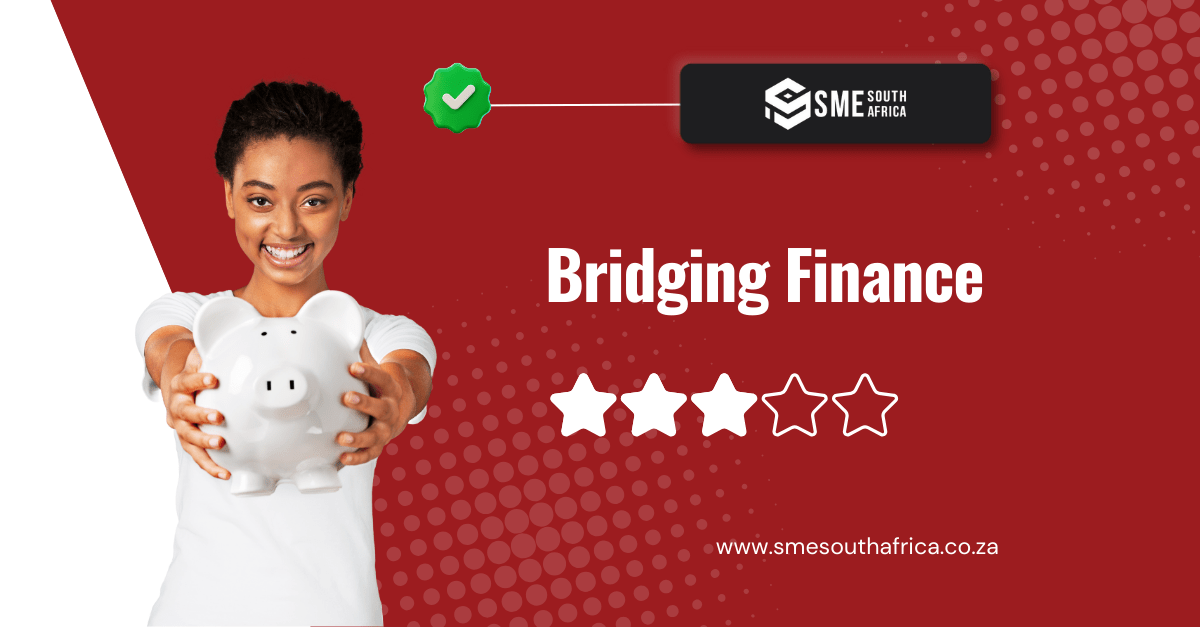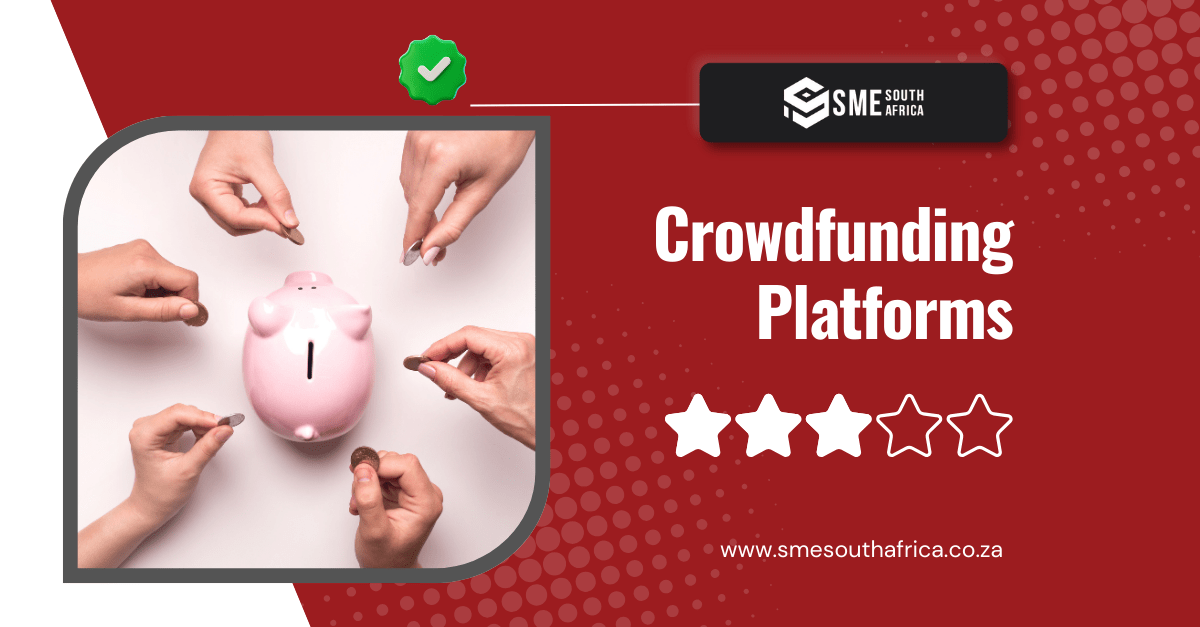
The majority of South African entrepreneurs’ businesses are not funded by business loans, private investors or angel investors. Many entrepreneurs have to rely on their own personal funds and savings and/or from friends and family as an alternative funding option.
Below is a guide to alternative funding options if you have failed to get a cash injection from more traditional funders.
1. Bootstrapping
Bootstrapping refers to self-funding a startup with little or no resources, it gained popularity among startups who were unable to secure funding from formal lenders.
Well-known ways of bootstrapping a business include using personal income and savings, sweat equity, as well as having a fast inventory turnaround, and a cash-only approach to selling as well as keeping operating costs low.
Find out more:
- Bootstrapping Your Business? Here’s 6 Ways Your Smartphone can Help
- Ideas to Launch your Business for Free (Almost) – What you can do While Looking for Funding
2. Crowdfunding
Crowdfunding is a method of raising capital through the collective effort of friends, family, customers, and individual investors. There are various models, the most widely used being equity, donation and rewards-based.
Crowdfunding is well suited for entrepreneurs as it allows them to raise accountable capital in a way that does not load them with debt or force them to part with equity in the early stages.
It also functions as a marketing campaign for your startup, in order to raise funds you have to network, market and advertise your campaign. If you are successfully funded you also have a captive audience for your product or service.
Find out more:
- A Guide to 100% Local Crowdfunding Platforms – 3 Options you Should Consider
- This Crowdfunding Platform Wants to Help Black Businesses Raise R100 Million this Year – This is how
3. Friends and Family
It’s not hard to see the advantages of borrowing from friends and family – because they believe in you and know you well, they are more likely to have fewer requirements for handing over cash than financial institutions, not to mention they are more likely to give a lower interest rate for a loan.
The downside, of course, is that you are potentially placing your relationships at risk if things go wrong.
4. Get a Business Partner
The benefits of having business partners are numerous. Not only can a business partner provide access to a wider pool of skills and business networks, but what many never consider is access to startup capital they can potentially provide.
Find out more:
5. Side hustle
Part-time entrepreneurs, also known as ‘Slashers’, are individuals who balance more than one job – namely formal employment and their entrepreneurial pursuits and their salaries from being employed is often their only viable source of funding.





















